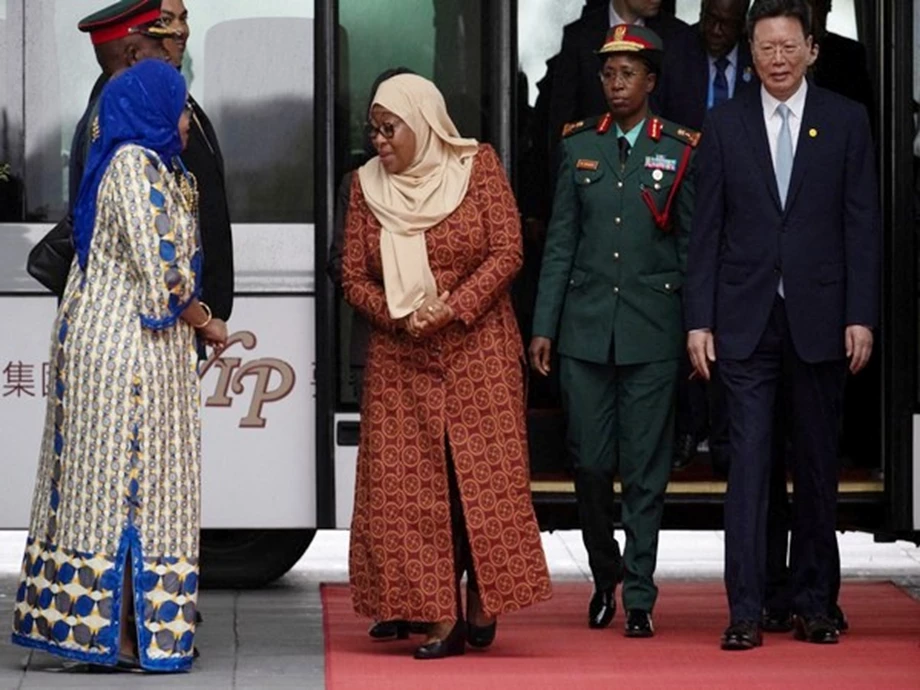
By Elizabeth Antidius Shumbusho | Africa Guardian
At the 2024 Forum on China-Africa Cooperation (FOCAC) Summit in Beijing, Chinese President Xi Jinping, Tanzanian President Samia Suluhu Hassan, and Zambian President Hakainde Hichilema signed a significant memorandum of understanding (MoU) to revitalize the Tanzania-Zambia Railway Authority (TAZARA). The agreement was formalized on September 4, marking the beginning of the summit, which runs through September 6.
The TAZARA railway, stretching 1,860 kilometers from Dar es Salaam in Tanzania to New Kapiri Mposhi in Zambia, was initially funded by a $400 million interest-free loan from China. This summit, the ninth edition of FOCAC, is highlighted as the largest diplomatic event hosted by China in recent years, amidst ongoing global conflicts and increased Chinese influence in the Pacific.
The summit has seen notable developments in China’s diplomatic and economic engagements. On September 3, Chinese Premier Li Qiang met with Zimbabwean President Emmerson Mnangagwa during his state visit. Additionally, Xi Jinping and South African President Cyril Ramaphosa have agreed to elevate their bilateral relationship.
China has been proactive in forging strategic partnerships, with a recent announcement of a ‘comprehensive strategic partnership’ with Nigeria. Nigerian President Bola Tinubu has called for increased Chinese investment in Nigeria’s agriculture, manufacturing, and mineral energy sectors. China is also funding 85% of the $5.8 billion Mambilla hydroelectric project, which is set to become Nigeria’s largest power plant by 2030.
In other developments, China aims to solidify its role as a leader of the Global South, contrasting itself with the United States. The summit underscores China’s strategy to make Africa a crucial market for its green technologies, including solar panels and electric vehicles. In 2021, China pledged to import $300 billion worth of goods from Africa by 2024.
Despite these advancements, several African nations at the summit are struggling with heavy international debt, much of it owed to China. These countries are seeking more investment and trade opportunities to stabilize their economies.
Since 2013, President Xi Jinping has made significant diplomatic efforts in Africa, including five visits to the continent and hosting at least 20 African leaders in China since 2023.
___
